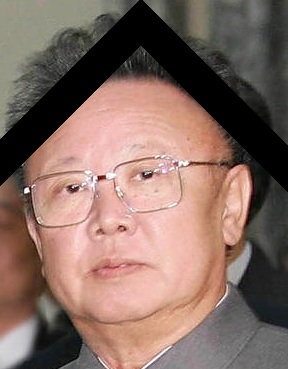
On November 18, North Korean leader Kim Jong Il, age 70, passed away due to a heart attack while inside a train. The government of North Korea strongly supported the idea that the nation now follow the leadership of his son, Kim Jong Un. His death attracted much attention, including from students who wondered what this death could mean for the future of world politics.
This event brought forth various ideas from students who had different ideas of the impact of Kim’s death.
Yash Ahuja, a student at Cal State Los Angeles, believes that world politics and North Korean politics would not be any different in the future. He states that “I don’t think anything will change, as Kim Jong Il’s successor, who will most likely be Kim Jong Un, seems like he will follow in his father and his grandfather’s footsteps. I think that Kim Jong Un will do this because of things he has done before like his plastic surgery which indicates that he wants to be like his father and grandfather.”
Joseph Gorelik, a junior at North Hollywood High School, believes that world politics, especially North Korean politics, could shift either radically or little. Gorelik says, “To my best knowledge the death of Kim Jong Il and the ascension of Kim Jong Un will cause a renewed campaign to bring increased support from the North Korean population. By my understanding the Korean people worshiped Kim Jong Il as a god, more so than the Soviet people worshiped Stalin prior to his death. Kim Jong Un may try to do the same. Also, because it seems that Kim Jong Un does not have experience as a government leader, there will be a period of erratic developments as he finds his footing. In the short term, I believe politics can change radically but I think it really depends in the long run.”
Sebastien Naji, a junior at North Hollywood High School, thinks that politics in North Korea will radically change. He states, “I think there is going to be a radical change in North Korean politics. His son does not seem strong enough to hold a dictatorial hold on the country like his father did. Once the people see that he is inept for holding power, they will likely demand more rights. I think this transition period would also be a good time to try and get the United States into North Korea.” Referencing the Arab spring, Naji states, “It’s going to be the Korea winter.”
While superficially the death of a man revered by his country but also reviled by the world, Kim Jong Il’s death can be said to be a momentous moment in history that people hold varying opinions over, either as an insignificant effect or as a turning point in world politics.

